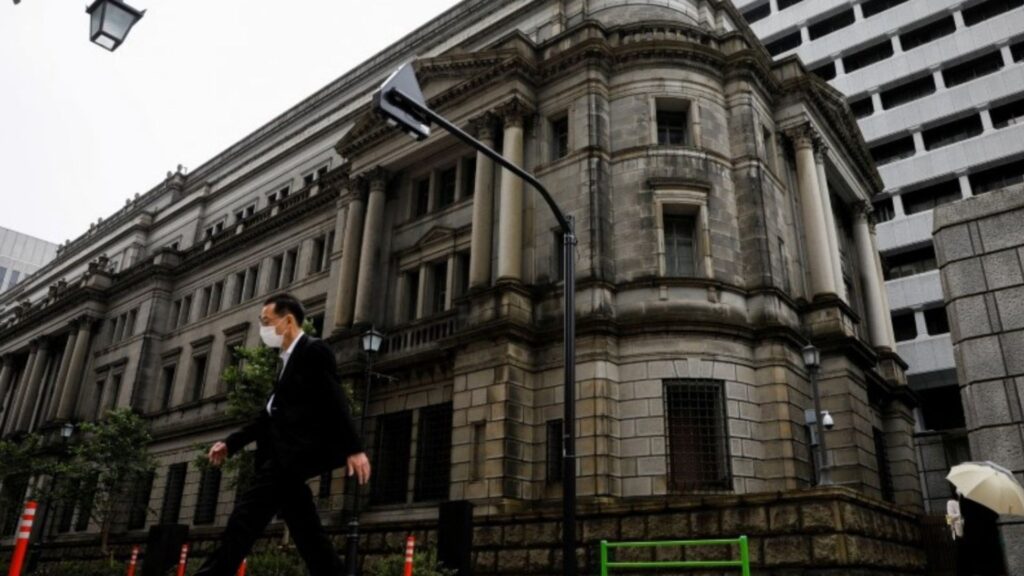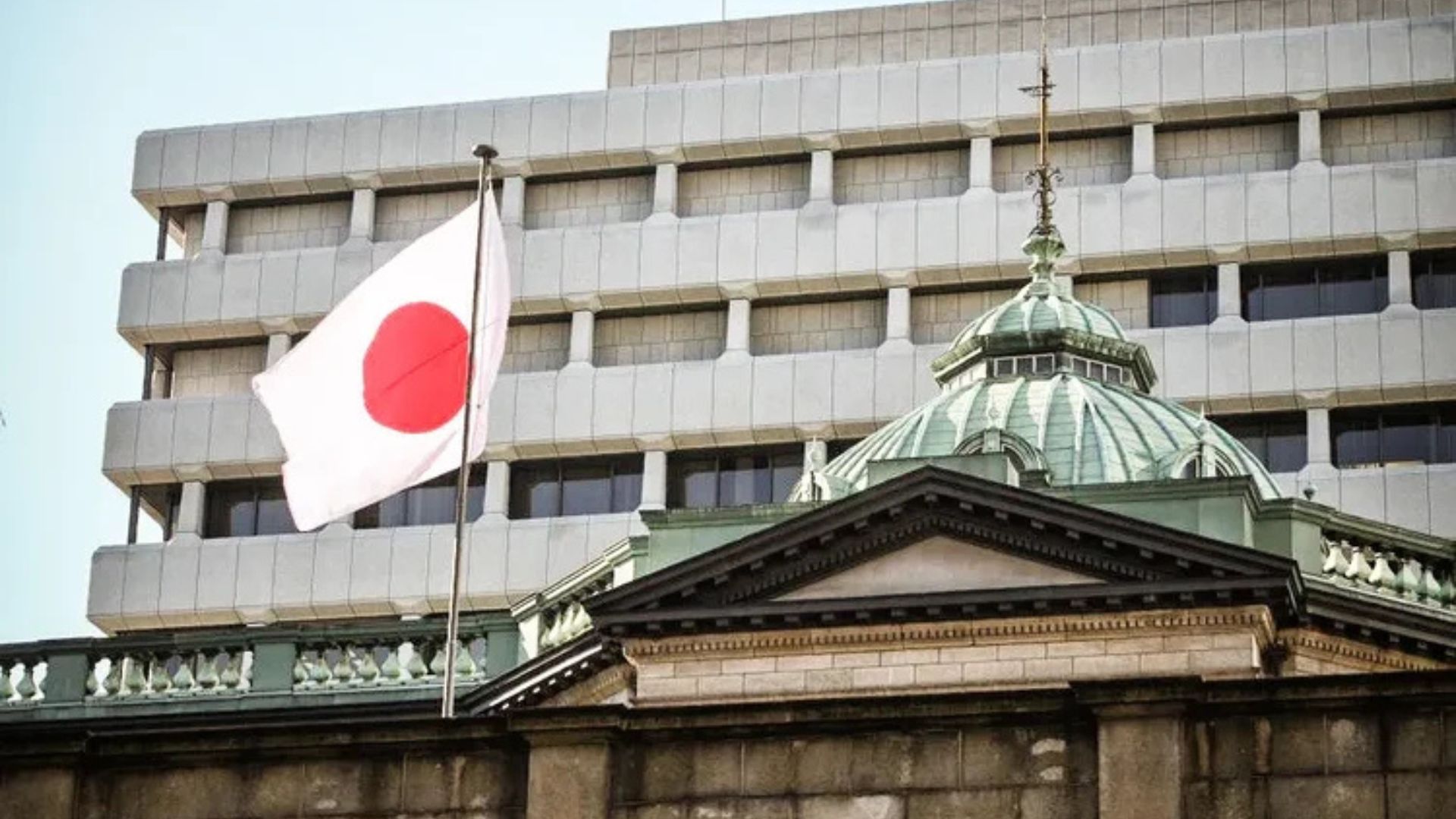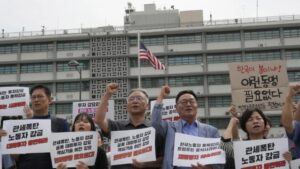
The Bank of Japan (BoJ) maintained its benchmark interest rate at 0.5% on Friday, voting 7–2 in favor of keeping policy unchanged. Governors Hajime Takata and Naoki Tamura dissented, advocating a rise to 0.75%, underscoring a shift toward policy normalization amid slowing inflation and moderate economic recovery.
Inflation and Growth Context
- Inflation slowed to 2.7% in August, the lowest since November 2024, but remains above the BoJ’s 2% target for over three years.
- BoJ Governor Kazuo Ueda noted that the Japanese economy “has recovered moderately, despite some weaknesses,” and emphasized that future rate hikes will depend on sustained improvements in growth and price dynamics (Economia UOL).
ETF and J-REIT Sales Mark Normalization
In a unanimous decision, the BoJ agreed to begin selling its holdings of exchange-traded funds (ETFs) and J-REITs, assets accumulated under over a decade of quantitative easing:
- ¥330 billion/year in ETFs
- ¥5 billion/year in J-REITs
Governor Ueda stated, “We will begin selling ETFs as soon as the necessary preparations are complete,” and emphasized that future purchase programs will not resume (Reuters).
Market Reaction and Outlook
- The yen initially appreciated 0.5%, then eased after Ueda’s cautious guidance on further tightening.
- The Nikkei 225 fell 0.57% to 45,045.81, weighed down by concerns over reduced BoJ support for equity markets.
- Market odds for an October rate hike rose to 55%, with analysts at HSBC forecasting a 25 basis-point increase as soon as next month (XTB).
Policy Implications
By holding rates steady yet launching asset sales, the BoJ struck a delicate balance—signaling vigilance against inflation risks while not undermining a still-recovering economy. The move to normalize its massive balance sheet reflects growing confidence that Japan’s economic expansion can withstand tighter financial conditions.













